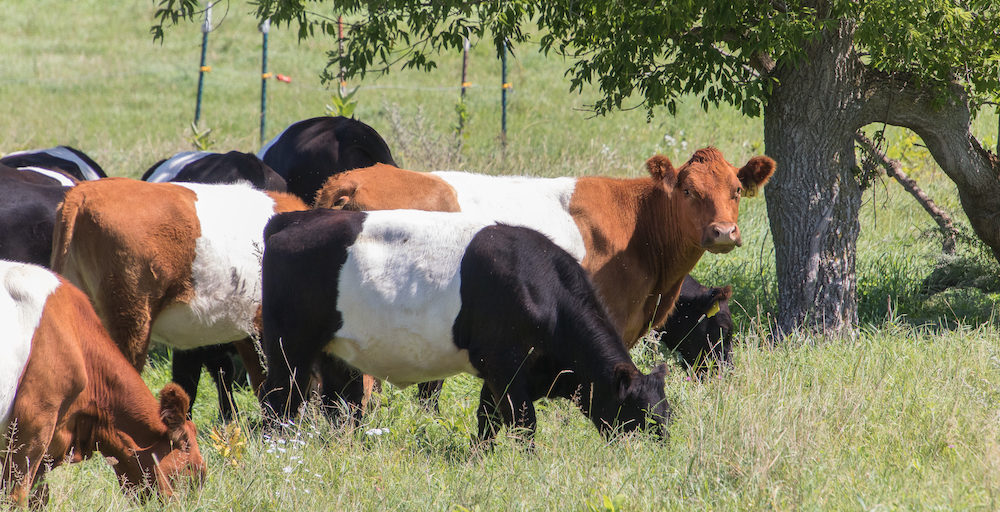Two days ago, it hit nearly 90 degrees. And the humidity – it was awful. It felt as if I was breathing through a sponge.
This morning, the dogs and I walked to the mailbox in a cool drizzle. It was 58 degrees and I was glad I’d pulled on my old denim barn jacket and cap. Although our driveway’s only 600 feet long, my low boots and the hems of my jeans were drenched before I got to the road.
Our driveway ends at a cattle grate that works to keep the cows inside our property (they balk at the light and dark pattern created by the grate’s heavy horizontal pipes).
I put Siggy (my Corgi) on “stay” at the grate and walked the last few yards across the road and to our weathered mailbox. It’s worst for wear because some vandal decided to use it for a piñata a couple of years ago.
I pulled out a short stack of junk mail, and a magazine I was very glad to fold up under my arm to protect it from the light drizzle. Siggy, Parker (Dave’s English Setter) and I made our way back up to the house. Half way, I made a quick stop at the orchard. One of the several fairly young apple trees was bending under its ripe burden. Note to self – pick, dry, freeze and can apples – yesterday.

Fall = applesauce
The dogs ran and romped around me, clocking a couple of miles as they zig-zagged across the gravel, around the orchard and across the open grasses.
Despite their doggy activity, it was quiet. I like that about drizzle.

Contented BueLingos
The driveway slopes up to the house, and as I neared it, I looked East. Most of the cows were reclined on a near pasture, contentedly chewing their cud. A good sign of health and calm.
As I opened the garage door, I began to mentally tick off today’s to-do’s: notify customers of the
summer sausage now available for pickup; write up meeting notes from last week: start a batch of French sourdough, contact prospective students for
upcoming artisan bread baking classes, contact potential guests for
Deep Roots Radio; and schedule our next beef harvest. Because Dave and I farm in rhythm with the seasons,
harvests are a sure sign of the shift from summer to fall.
The window of my small home office opens to a southern slice of the farm. I can see some of this year’s calves. Boy, but it’s a healthy group. It’s amazing how some of those steers have gained hundreds of pounds and nearly a foot of height in just four months.
The sky’s brightening a bit, and I can just make out a pair of sandhill cranes on a ridge. I love their call, and the way they slowly wing just 40 and 50 feet above the ground.
Leaves are turning. And even though we’ve gotten lots of rain and considerable sunshine, the grass just doesn’t grow as quickly or as thickly as it did in early July. Despite this annual slow-down, we’re still able to rotate the cattle to fresh paddocks (grazing areas) even now because the pastures are so much more diverse and healthy than even two years ago. This is important for us because our BueLingo beef cattle are 100% grass-fed and grass-finished. They grow and fatten on grasses, legumes and herbs. No grain. No hormones. No subclinical antibiotics. This means it takes up to a year longer to get our cattle to harvest condition, but again, that’s what it means to raise cattle as nature intended.
Our third-crop hay is baled and waiting for me to move it off the field and to the storage area. At this time of year, it’s the very heavy morning dew that presents a challenge. I just don’t like driving a tractor really wet ground. On a typical late September day, I’ll often wait until mid-afternoon before venturing out in my John Deere. Given the last two days of rain, I’m going to hold off until we’ve had a couple of sunny days to dry things out a bit.
Drizzle, drenching dews, cooling days and lengthening nights. Every turn of the clock moves us from the growing to the harvest season. Again.
It’s fall.
Like this:
Like Loading...

























